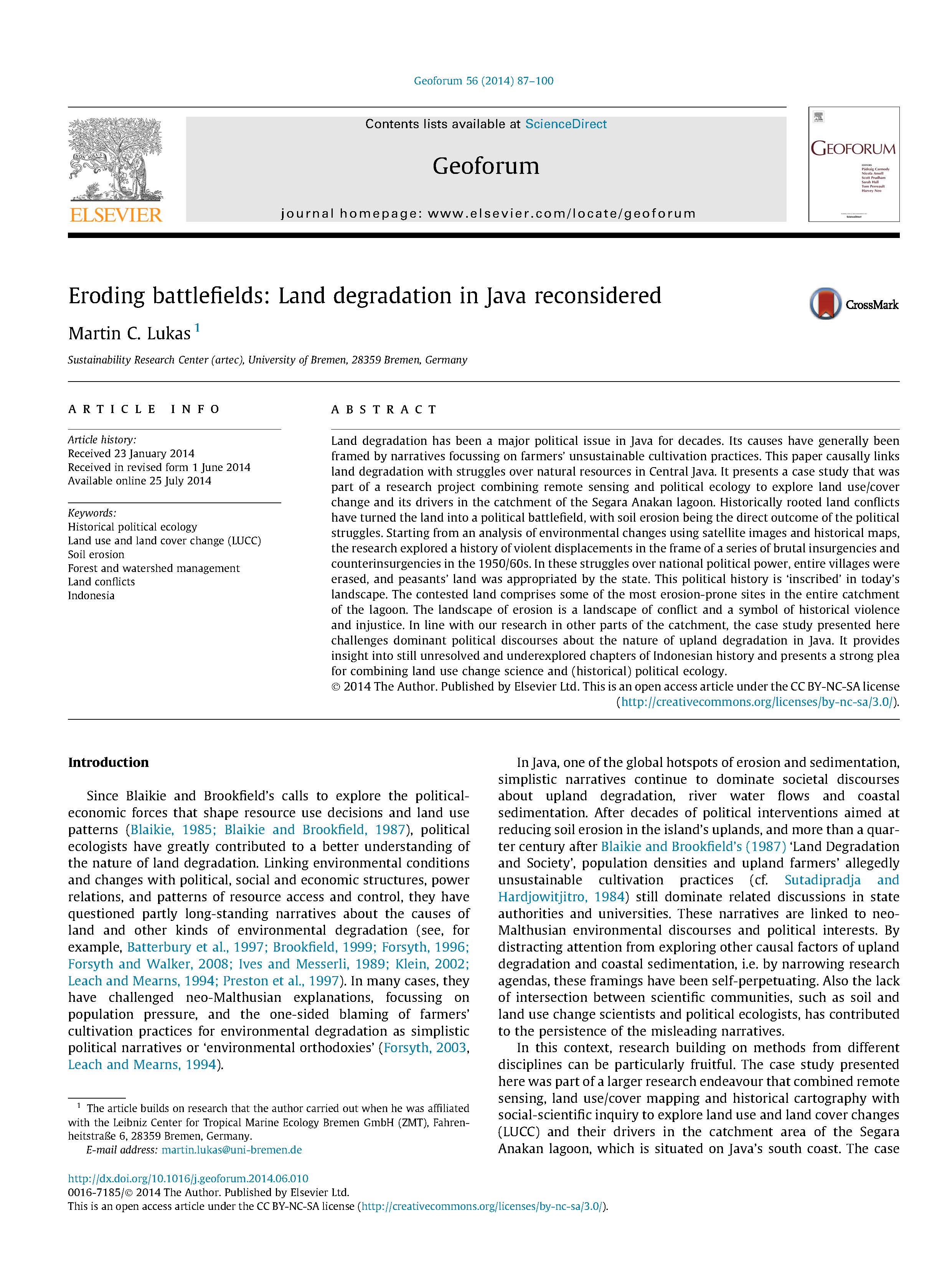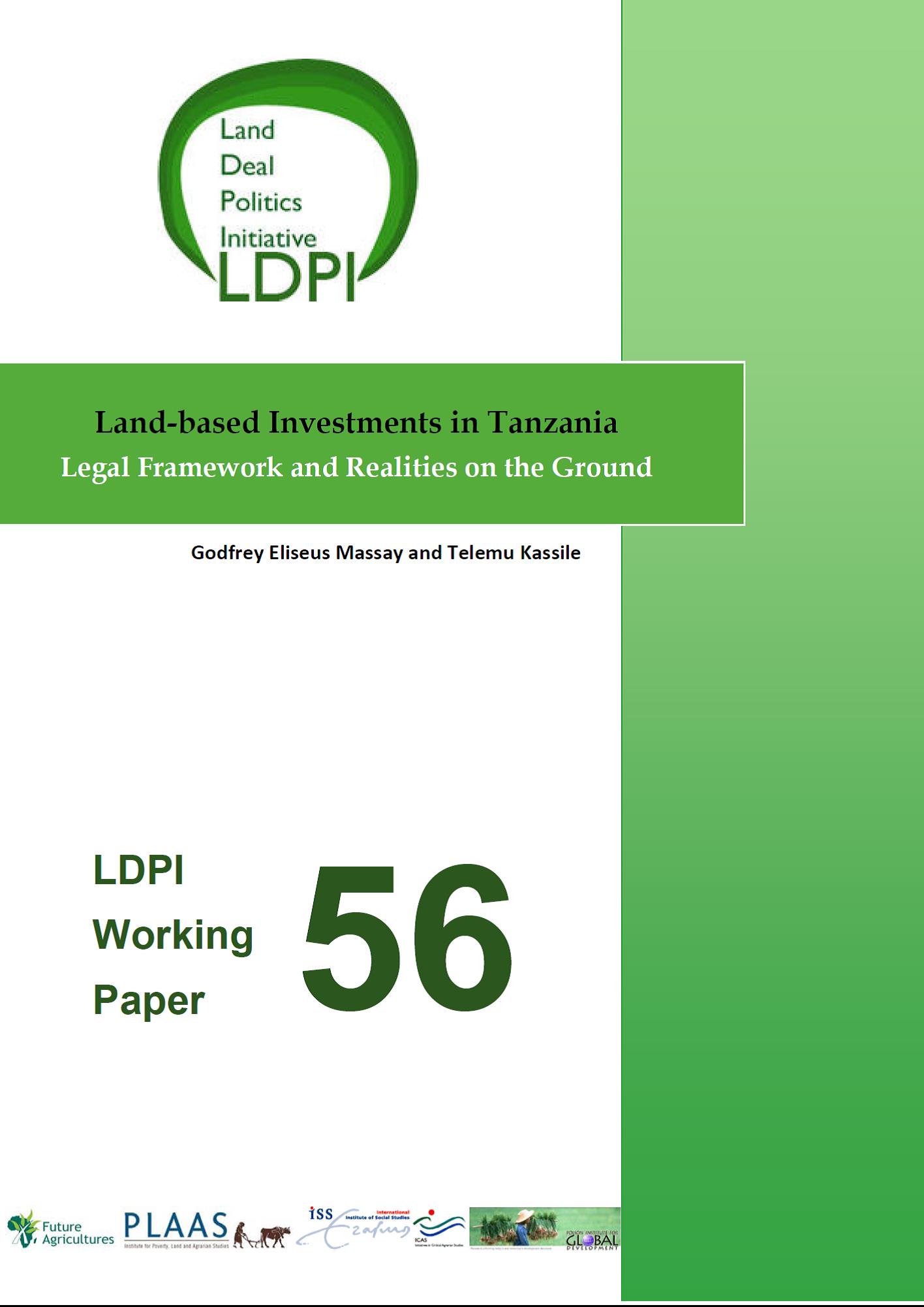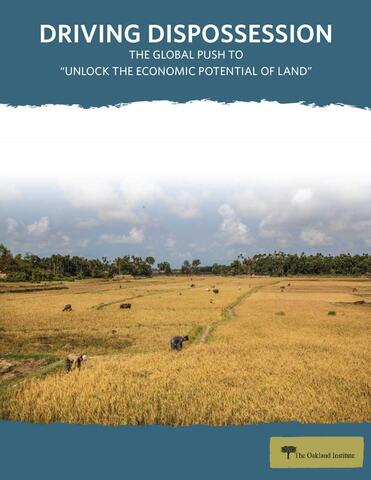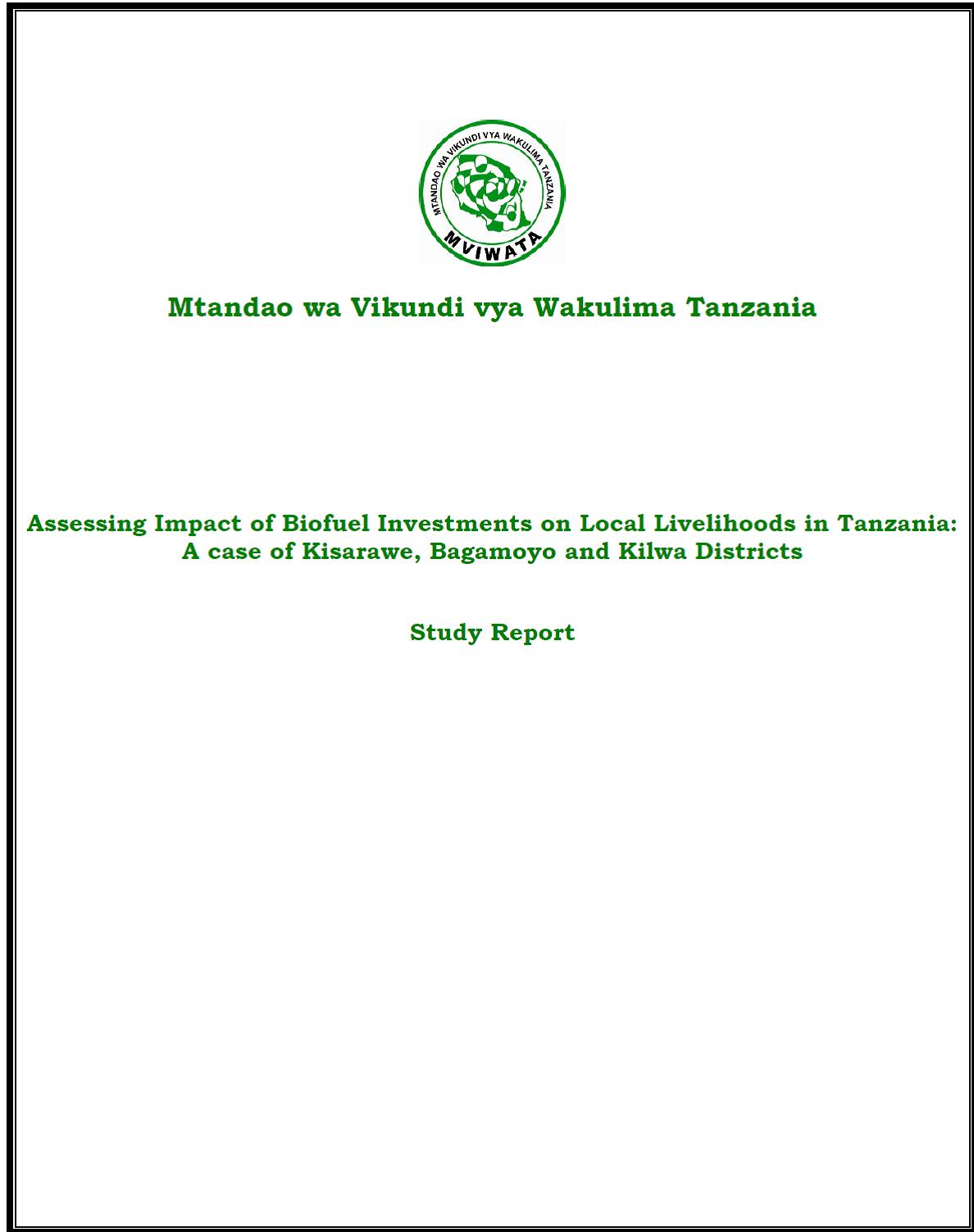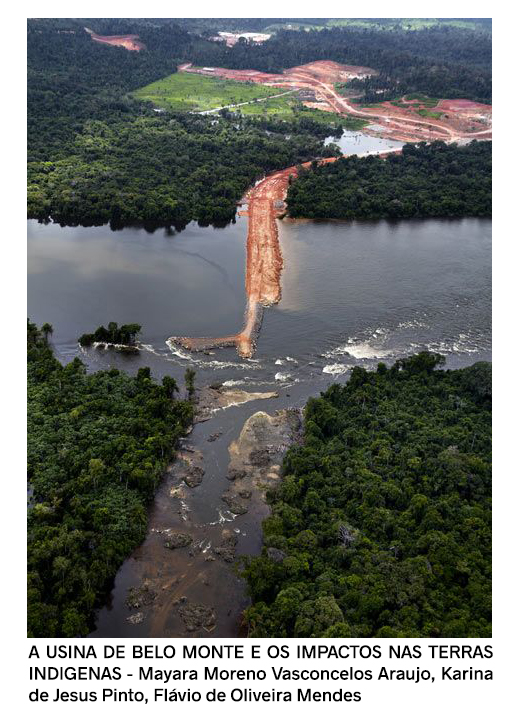A promise betrayed: policies and practice penew the rural dispossession of land, rights and prospects
South Africans assumed on 27 April 1994 that their vote for freedom would erase the ethnic enclaves known as ‘Bantustans’ or ‘homelands’ and guarantee a common citizenship with equal rights under one law. Officially, the 10 homelands were dismantled under the interim constitution that introduced democracy in 1994, paving the way for the reversal of the dispossession that had been entrenched by the 1913 and 1936 land acts. Instead, 20 years later, a series of laws, bills and policies proposes a separate legal regime for people within the boundaries of those former Bantustans.



